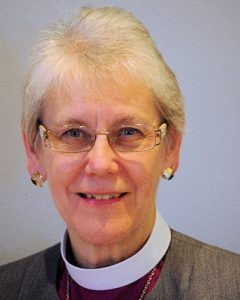
Thoughts on a change of season
On Sept. 15 I am beginning a transition of vocation after almost 39 years of ordained ministry. I will still be an ordained bishop but without a particular role in a parish or diocese or national office. I will be “retired.” In the past months of reflection on this transition I’ve begun wondering, first, what it will be like to not have the responsibilities of the primacy or a diocese to occupy my heart and mind. I’ve begun to acknowledge the losses of role and identity I’ll experience—losses I both long for and anticipate with sadness.





















